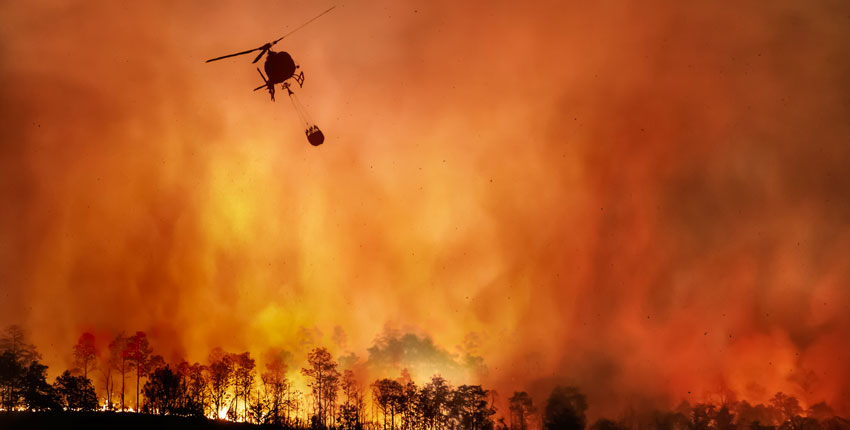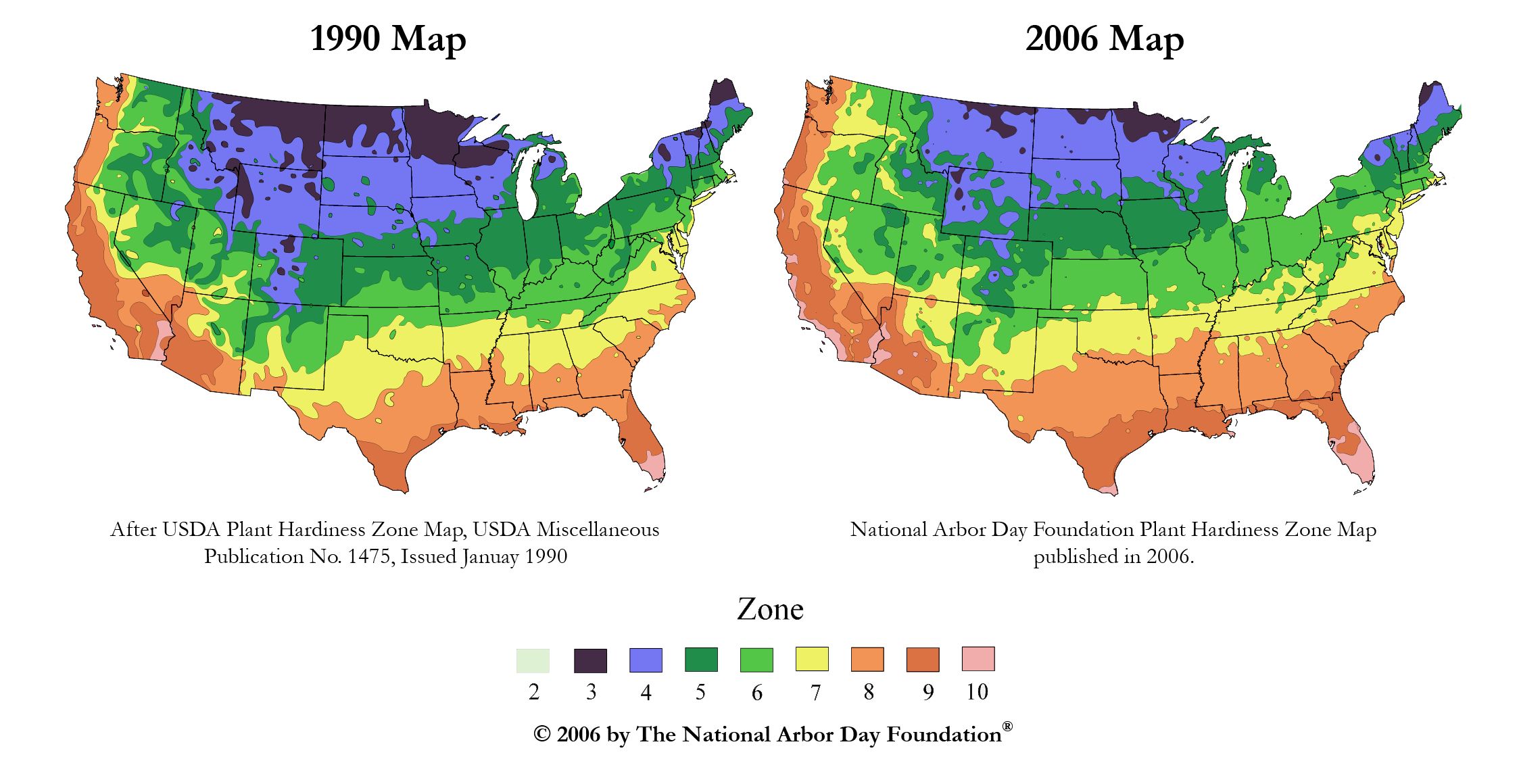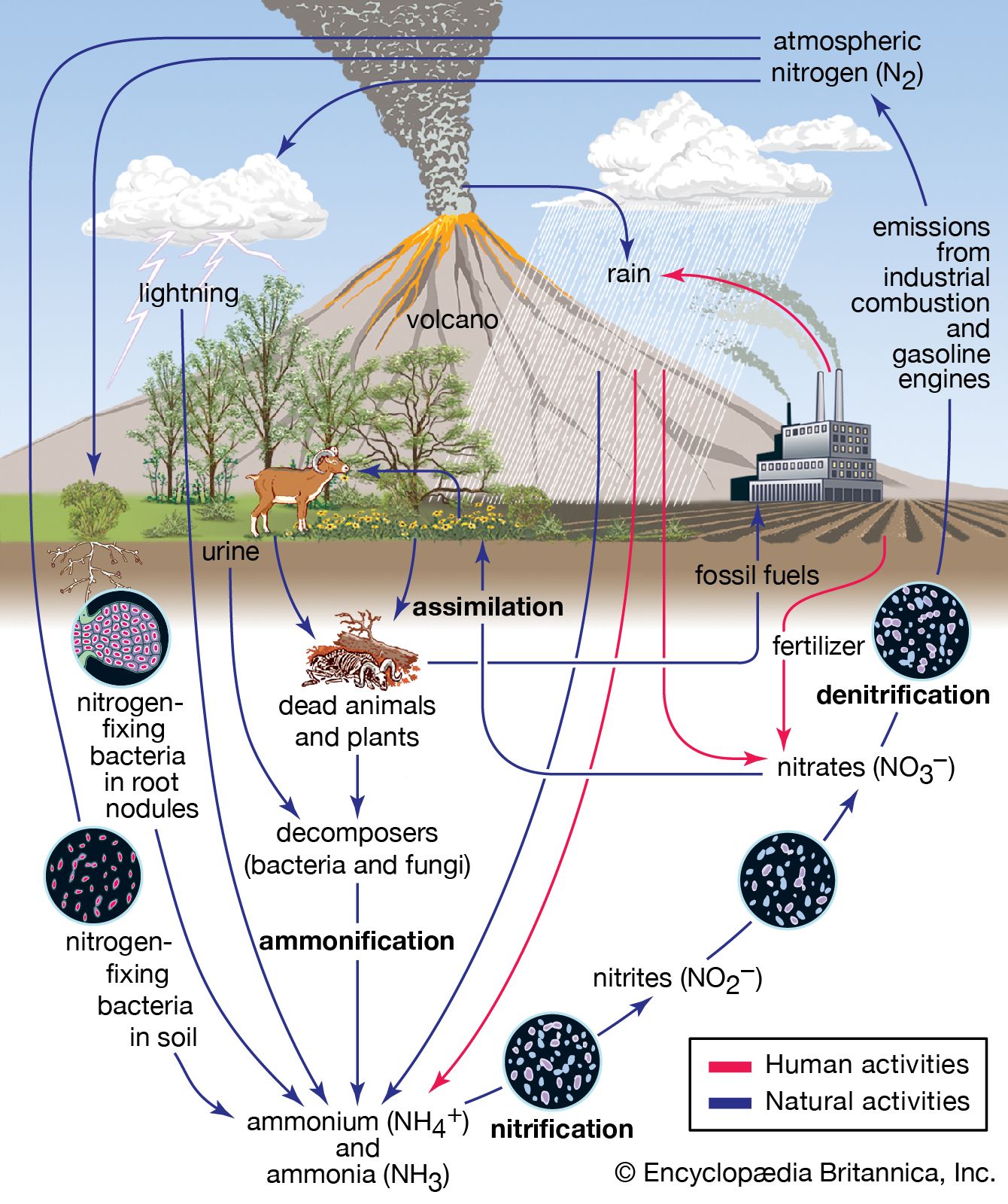
Because of the impact it has on ecosystems, biodiversity, and human lives, climate change is considered a global threat. The threat comes from many factors, including the use of fossil fuels and greenhouse gasses. It is imperative that the world takes action on this matter. It is possible to address global warming through renewable energy, decreasing fossil fuels, protecting forests, and other measures.
Climate research has helped to improve our understanding of the problem and the ability of people to address its consequences. Research can be done using a variety of methods, which help to formulate policies and regulations regarding climate change. These methods include, but are not limited to, quantitative studies, comparative studies, advanced technical tools, and longitudinal research.

Climate research aims at providing evidence on the extent to which the current state of the environment can be altered through the actions of humans. It is possible to do this by developing a culture of climate research. For this, interdepartmental coordination is essential.
There is a strong correlation between awareness and adaptation to climate changes. This means that people are more likely to be aware of the climate and to use it in an effective way. This awareness also helps to maintain a better environment. This is particularly true for sub-Saharan Africa which is extremely vulnerable to climate disruptions. A recent study has found that a high level of public awareness is associated with climate change adaptation, which is reflected in a high propensity to use such measures.
Climate researches have also allowed for the establishment of better policies and regulations to avoid the onset catastrophic weather conditions. To assess the health risks associated with climate change, studies are required. The United Nations Food and Agriculture Organization conducted research about the impact of climate change upon agriculture.
Studies on climate change also include studies of the effects of global heating on water resources. As a result of projected climate changes, water vaporization and shortages will occur. Climate disruptions could also cause infrastructure damage and displacement. Some of the major challenges faced by the world in dealing with climate change are water resource management and disaster control.

Climate research can be used by farmers to provide reliable and timely information. Some agricultural practices can be modified, including diversification and intensification of irrigation, as well as the preservation of nutrients and moisture.
Researches on climate change, in addition to these findings, have helped identify gaps between awareness and environmental knowledge. Researchers have divided these gaps into two main groups. One group focuses only on the theoretical foundation, while the other is focused on awareness.
The study was designed to evaluate the effectiveness of ICT in climate change research. The study included a systematic review of 37 journal papers to determine their research methods. A number of key areas were thus identified, including the scope and content of the articles.
FAQ
What are the impacts of climate change on developing countries and communities?
Developing countries and communities are particularly vulnerable to the effects of climate change due to limited access to resources, healthcare systems, and technology. Temperature, precipitation and sea level changes increase pressure on already finite resources. Already fragile ecosystems are being destroyed by floods or droughts. Rising temperatures can reduce crop yields. This will impact communities with low incomes and food insecurity. Extreme weather events like heatwaves or hurricanes can lead to destruction of infrastructure, displacement of people and further perpetuating economic inequality.
Long-term consequences of climate change include increased resource scarcity and poverty as well as health effects such as an increase in vector-borne diseases like malaria or dengue fever. A rising sea level and extreme weather events will increase the risk of flooding, putting lives at stake in coastal areas that often lack the infrastructure or emergency services required to evacuate. These risks can be mitigated by reducing greenhouse gas emissions. However, other measures may be required such as better management of freshwater resources or easier access to healthcare facilities that aid in the prevention of diseases like malaria.
What is the status of international efforts to tackle climate change?
The current international climate-change effort is moving forward with unprecedented momentum and unity. Countries all around the globe are increasingly joining forces to find solutions to climate change.
The Paris Agreement is an international framework that encourages collective action. It also provides a framework to allow individual countries and regions to set voluntary targets to reduce emissions. The UN Framework Convention on Climate Change and (UNFCCC) provides political guidance, as well as piloting initiatives such a carbon market.
In certain regions, there is progress as well. The European Green Deal, for instance, is a comprehensive set of legislation that aims to rebuild Europe's economy while African countries have committed to the African Renewable Energy Initiative. This Initiative aims to increase Africa’s global share of renewable energy production.
Action can also be seen across industries and sectors. Cities are moving towards sustainable public transport, while the whole society is adopting more sustainable lifestyles. Companies are developing technologies to reduce emissions, while investors shift their capital away fossil fuels in favor of renewables.
The wealthy countries represented under the OECD committee have adopted common standards for reporting national actions on climate change through the Common Reporting Framework (CFR) called the 2021 Guidelines.
All these efforts are a sign of the unprecedented importance given to climate action. Governments, civil society & private sector stakeholders alike must continue to build upon the momentum and push towards even greater ambition & progress if there is any hope of meeting Climate goals set by science & enshrined in international law.
Is there any potential for new technologies that address climate change?
The potential of new technologies to address this global challenge is vast. Advanced science is making it possible to shift to a more sustainable world.
To reduce greenhouse gas emissions, new methods of carbon capture can be used. Enhanced agricultural practices can also help to reduce the amount of livestock and soil degradation. Smart grid technology can also be used with existing power infrastructure for an efficiency boost, and improved building design can help minimize energy consumption.
Researchers can also use cutting-edge synthetic biology to develop organisms that can convert green fuels like CO2 laser into biofuels and other feedstocks. This could be a major shift in transportation if there is a shift away from petrol-based vehicles to electric cars powered solely by renewable sources.
Finally, greater investment in digital technology and AI can help empower people across borders with greater access to data on their ecological footprint and ultimately lead to more informed choices regarding consumption habits. Understanding our role in carbon production will allow us to all be better stewards for our planet.
How does climate politics affect global efforts for its resolution?
Climate change is a hotly debated issue, which has led to a lot division among countries, governments, as well as individuals. Politicians of many actors influence the implementation of actions to address climate change. It has been difficult to reach a consensus on the global effort to address this urgent environmental problem.
The overwhelming majority of scientists agree with the fact that human-generated global warming is real. It is urgent for action to address it. These issues are often dominated by politics, which can hinder global cooperation that is necessary to implement sustainable energy practices, protect natural habitats, research viable technological solutions, as well as other climate change interventions.
In particular, various governments around the world are keen to protect their economic interests and enforce measures that would limit business activities as little as possible; this frequently conflicts with the regulations that experts recommend for addressing climate change in an efficient manner. It is very difficult for any one state or group of countries to effectively address climate change without strong commitments from all participants and broad-scale international action.
The difficulty of reaching a full consensus about the best way to combat climate change is further complicated by differences in power dynamics. The countries with greater economic power tend to nominate their own representatives to represent them in international bodies that are responsible for the environment. This can lead to biased discussions between the perceived interests of the country and the collective interest of all parties. The potential side effects of radical change like geoengineering, have been extensively discussed at both the national level and internationally.
The grassroots movements also have struggled against powerful enemies, such as corporate ownerships and well funded lobbyists who want to maintain politically favorable positions in their industries. This includes funding research into alternative forms energy production and enforcing renewable technology mandates. It is important that individual governments are clear about the possible rewards and outcomes if they intend to actively pursue valid progress on this matter and not seek public favor through short-term gains and spectacles.
To mitigate the current environmental crisis, it will be crucial that resources are properly distributed and political divisions between countries are not overlooked.
Statistics
- This source accounts for about 10% of all the water that enters this highly productive farmland, including rivers and rain. (climate.nasa.gov)
- Fossil fuel production must decline by roughly 6 percent per year between 2020 and 2030. (un.org)
- The 100 least-emitting countries generate 3 per cent of total emissions. (un.org)
- According to the 2014 report on Climate Change Impacts, Adaptation, and Vulnerability (page 8) from the United Nations Intergovernmental Panel on Climate Change, governments at various levels are also getting better at adaptation. (climate.nasa.gov)
- According to the 2014 report on Climate Change Impacts, Adaptation, and Vulnerability (page 8) from the United Nations Intergovernmental Panel on Climate Change, governments at various levels are also getting better at adaptation. (climate.nasa.gov)
External Links
How To
How to Make Your Home More Energy-Efficient and Combat Climate Change
It is possible to make your home more energy efficient, reduce your carbon footprint and save money on your utility bills.
Start by ensuring your home is properly insulated and sealed. Check that windows and doors are properly fitted. Add weather stripping to any drafts and seal any gaps between the window frames and door frames.
Insulate walls, ceilings and floors for maximum energy efficiency. Check for air leaks in the attic or other areas of your home that are not well-insulated.
Lighting accounts for up to 18% of total household electricity usage so make sure you switch to LED light bulbs which use up to 80% less electricity than traditional incandescent ones! Additional money can be saved by installing motion sensors, timers, and turning off lights only when needed.
An old boiler or furnace can be replaced to save money on energy. They are also more efficient. Consider getting a programmable thermostat that allows you to set temperatures based on when people are home or away from the house.
All windows should be replaced by double-glazed units that are more energy efficient and less heat escaping. Low-flow showerheads can be purchased to reduce water consumption, but still maintain sufficient pressure.
ENERGY STAR rated items can be used to replace appliances that consume up to 50% less power than noncertified models. Make sure to take care of the little details, such as unplugging TV boxes and phone chargers when not in use. This could help save you significant energy.
These steps can make living at home easier and less stressful.